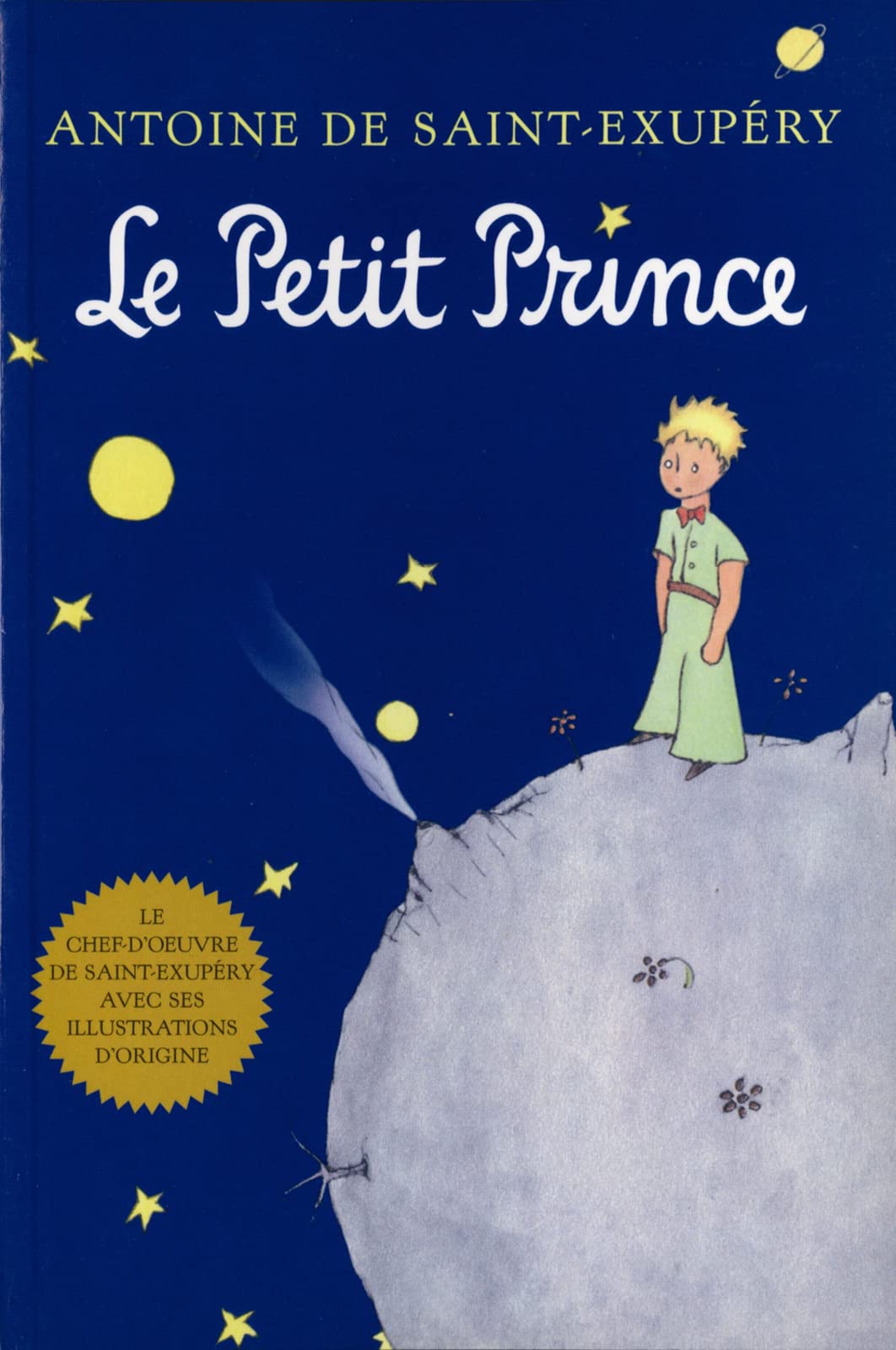The first thing I want to do is try and explain why I picked up this book in the first place. I read online that North and South was great as a political and/or historical analysis. I am quite interested in both history and politics, especially how those two interact with each other. So when I read that this book was a good portrayal of the class war going on during the Industrial Revolution, I knew I had to pick it up.
I started to read this book at the beginning of the year, but I stopped doing so almost right away. The first few chapters weren’t really my cup of tea. Not in an unpleasant way, it just felt like any other classic from the 19th century, and that wasn’t what I was looking for. I was expecting this incredible social/economic critical masterpiece which wasn’t happening. When, for some reason, I decided to pick it up again, the aspect (or concept) I was looking for in the first place just appeared before my eyes.

Now, I wanted to try and explain why given what had been said about the book, I thought it would be such a good representation of the time it is depicting. But before, I want to emphasize that I have no higher education in political science or history. So whatever I say here, please that it with a grain of salt.
As I said, the book was written and set during the middle of the 19th century. As we know, the Industrial Revolution was what preceded Feudalism, and what gave birth to Capitalism as we know it today. When we first step into Industrial Revolution, the military aspects of Feudalism were no longer accurate to their original form, but the economic system we were living in was pretty much Feudalism. One of the first places where this change began to happen was in England (where the book takes place) because there is a crazy amount of coal there which was used to make machines work. (please don’t come to this blog for knowledge, I don’t know what I’m saying)
Anyway, the novel touches on several topics that I find incredibly compelling. These include union politics, middle-class rebellion, Industrial Revolution, industrial discontent, gender roles present in Victorian society, and, for those who enjoy it, there is plenty of romance to fill your little hearts.
In this novel, Gaskell navigates the complex exchange between different stations of society. The author does an incredible job exposing the complex nature of the struggle between employees and employers. Incredibly, she gives each character a personal relationship with the struggle, rather than letting them become caricatures. Elizabeth Gaskell wrote what is, for me, a nearly perfect novel. My only complaint is really just the amount of romance, but that is a “me thing”.
I am incredibly excited to read her earlier book (Mary Barton), which is the story she actually intended to write. This, according to the introduction available on the Oxford World Classics edition of North and South.
North and South is probably one of the most thought-provoking books I’ve ever read. If you are into politics, history, and classics in general, I highly recommend it.
Bye, keep on reading.
You can find me at:






























